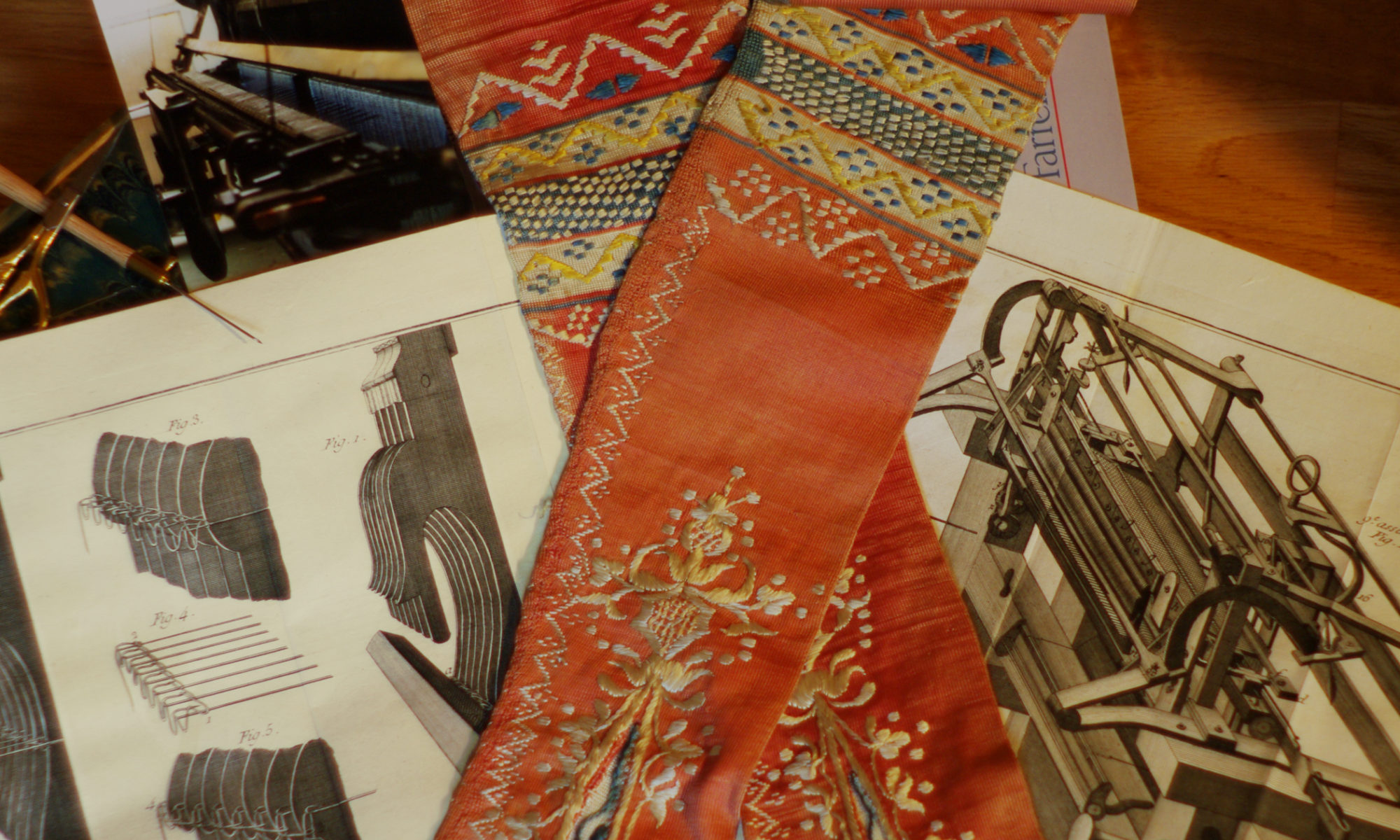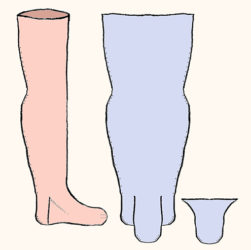
In every discussion venue, the topic of the over-zealous, picky, or policing costumer comes up. I have some observations for historic activities. This for your own consideration, and not to assume everyone is aware or agrees.
There is a large variety of events, from accurate / educational / progressive to costume-admired-but-not-required, or “any attempt is welcome.” The latter type of events are where unsolicited advice tends to happen more often.
Groups, sites and event organizers should make their requirements known to all potential attendees ahead of time. Keep in mind that an unwelcome critique of someone’s outfit can put a cloud over the whole event for them. If you really want to educate, you can organize or speak at a seminar, publish a book, or offer commentary and tutorials on YouTube or a blog. Some people have a hard and fast rule to never talk to someone about their outfit, but I fear that can squash any discussion at all.
If you’re really feeling the need to comment:
- Are you the person in charge of maintaining the standards for the event? If not, notify that person rather than taking on the role yourself.
- Is it because something is dangerous?* Am I at risk of tripping on my too-long hem and falling into a ditch?
- Is it something the person can fix on the spot? Tell me if I have toilet paper hanging off my shoe. Don’t bother if something is not quite the right fabric — I’m not going to re-dye it right now or magically change the fiber content.
- Did you bring an extra of a questionable item to loan to the person? The corollary being, if you don’t know them well enough to loan something, you don’t know them well enough to comment. Lending a coat or cloak would be a kind thing to do at a cold event.
Remember that this is a person, so start any conversation by introducing yourself. It could be their first event, maybe with a borrowed outfit. Best to ask about their interests first, rather than making assumptions.
If you are on the receiving end and feeling chastized, remember that the person addressing you probably thinks they are helping. Some of us can enthusiastically launch into a topic without noticing that no one else is particularly interested. This sort of geekery is quite common among historic enthusiasts, and not intended to be rude or intimidating at all. I know that people can feel overwhelmed, but if so there are ways to deflect it. Introduce yourself, and talk about how you are enjoying the event in general. Ask if there were some published guidelines for the event that perhaps you missed and can read at some later time. If interested, ask more about it, and if not, change the subject.
Sometimes sources are difficult to find or materials are expensive, so people will make do with what they have. Some will experiment based on their own research. Discussions about such things are great for an email list or facebook group, but not as a basis to criticize someone at an event. It may even be the case for a photo posted online. These days, getting a good Instagram photo could be the end use of the costume, with no interest to wear it among others.
And finally, among some friends, one-upmanship is a way to push each other to greater accomplishments. I used to call it the Oooh factor, when someone makes a cool new thing that makes us all say “Oooh!” That’s ok among people you know well, and should not be presumed to be of interest to everyone.
People should be assumed to have the best of intentions until proven otherwise. Everyone has the potential for improvement, whether it’s their costuming or their diplomatic skills. Be gentle, speak up, and have fun.
*Regarding things that are dangerous, reenactment events often have hazards like campfires, weapons, and kitchen knives. Anyone who has been, witnessed, or had a loved one injured is going to be opinionated about it. There are encampment and market fair events attended by people with a wide range of clothing interests. Criticism given for reasons of safety may very well lack any tone of niceness or sweetness. If you decide you don’t care about your or someone else’s well-being, don’t expect them to be friendly.
© Carol Kocian and StockingFrameOfMind, 2021. Unauthorized use and/or duplication of this material without express and written permission from this site’s author is strictly prohibited. Excerpts and links may be used, provided that full and clear credit is given to Carol Kocian and StockingFrameOfMind with appropriate and specific direction to the original content.

